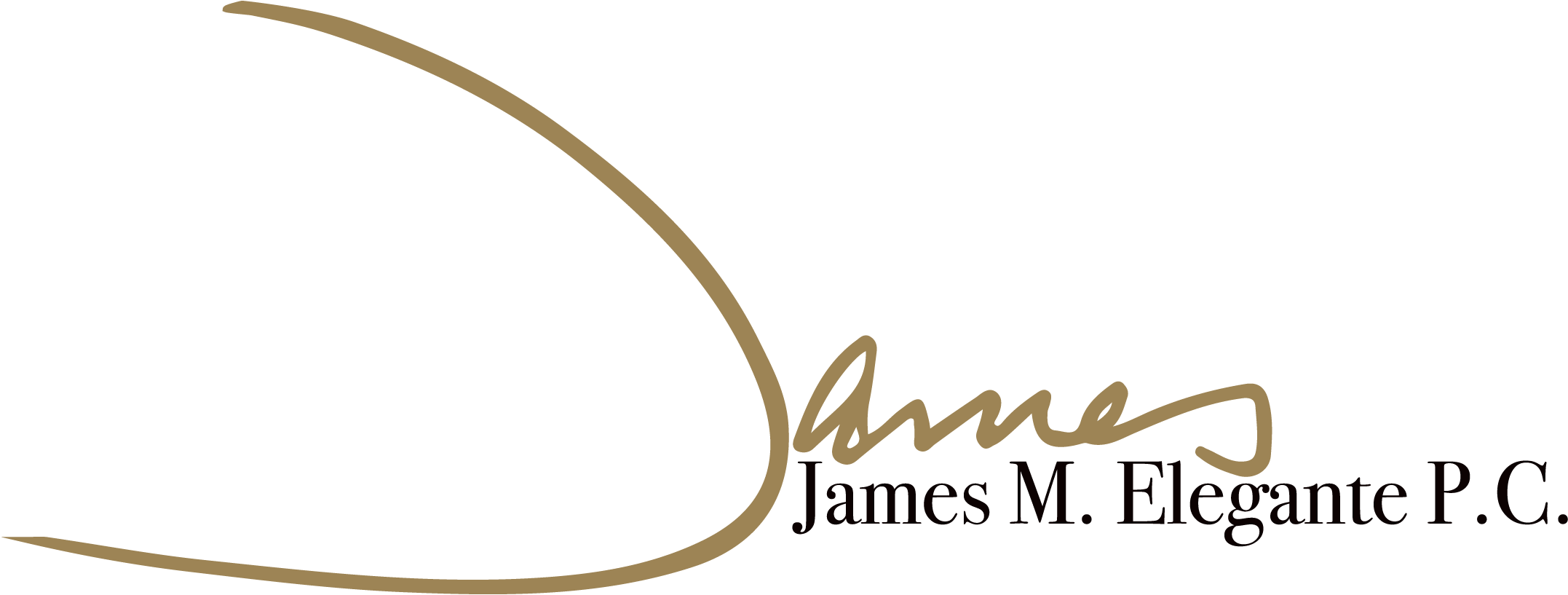
Identifying Your Business Assets Beyond Equipment
Tangible Business Assets
Business assets are property or equipment used exclusively or primarily for your business. Although some assets are easily identified, such as computers, vehicles or office furniture, they may not be the only assets you should protect as a business owner. The following common business assets are not the physical equipment you use in day to day operations, but they are just as important to your company’s success.
__________________
License Agreements
License agreements are written documents that are entered into by the contractual owner that permit someone else to use their property or engage in an activity related to the property. A licensing agreement is an important intangible asset to any
__________
Intellectual Property (IP)
As a result of information technology and the growth of service businesses, companies are finding that their intellectual property is as much a valuable asset to their company as the machinery they use. In all types of business, including manufacturing, software and technology are changing the way goods are produced. The best way to protect intangible assets that meet the criteria is to acquire and maintain IP rights. The following categories qualify for obtaining those rights:
- Products and processes that are innovative in
an industry . - Cultural works, such as artistic and literary works that may also include
computer software or data compilation. - Creative design.
- Distinctive signs, such as brands or trademarks.
- Microchips.
- Goods with a reputation for good quality or attributed to a geographical region.
- Trade secrets.
There are several ways to place value on certain intangible assets, but most depend on the type of IP and the purpose
__________
Business Consultation
In cases where a business is sold, the buyer may request that the seller continue participating in the business for a period of time. The buyer may feel that the previous owner is critical to the continued success of the business and want to keep them available as a consultant. This could be viewed as an asset to the company as the knowledge of the previous owner is what could keep the company successful until the new owner feels comfortable operating the company. The previous owner may agree to remain as a paid employee or to receive additional compensation at the time of the sale that would cover his consultation fees after the company is sold. In any case, business consultation should be viewed as an important asset for any company, especially when it is being valued for sale.
__________
Brand Recognition and Logos
Although brand recognition has long been viewed as an asset, there are some factors that must be taken into consideration before using brand recognition or logos in accounting. According to the Financial Accounting Standards Board (FASB), an intangible asset must be measured at cost. The document further states that a brand that is developed internally is not an intangible asset as it cannot be distinguished between business development as a whole. However, if someone outside the company is paid to develop the brand or logo, it is possible to consider the cost of developing the brand as an asset. However, brand recognition should be viewed as an asset in more than just a financial sense. Brand recognition occurs when consumers can recognize a brand by its attributes without being exposed to the company name. Research indicates that brand recognition leads to higher sales, which is why positive brand recognition should be considered an important asset in any company.
__________
Here are a few suggestions on how you can add even more value to your brand recognition.
__________
Goodwill
Goodwill is an intangible asset that may also include brand recognition, a solid customer base or good relationships with customers or employers that may lead a buyer to pay more for a business. Goodwill is an actual category found on the company balance sheet and represents an amount that the buyer pays above the book value of the company. It is possible that the amount listed is negative if the buyer pays less than the book value of the company, but this usually occurs during distress sales. There are two types of goodwill, institutional and professional practice. Institutional goodwill is the business position in the marketplace while professional practice goodwill usually applies to service industries, such as doctors, lawyers or other professional practices. This type of goodwill has two components:
- Practitioner goodwill is the skill and reputation of the practitioner.
- Practice goodwill is the reputation of the institution, location,
and operating procedures that make it effective.
Goodwill is used as an asset during the sale of a
If you are thinking of selling your business, here are some items you may want to consider.
